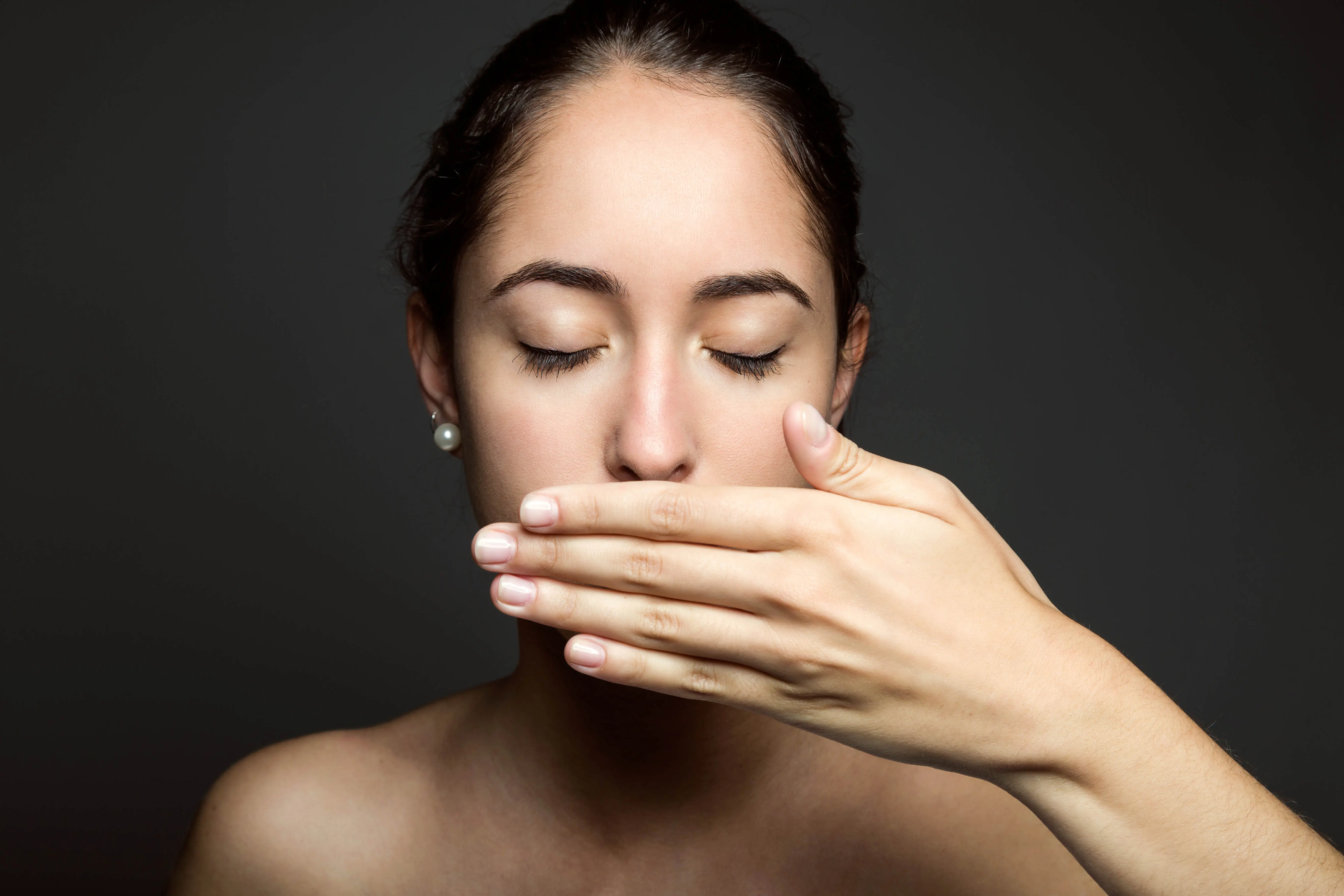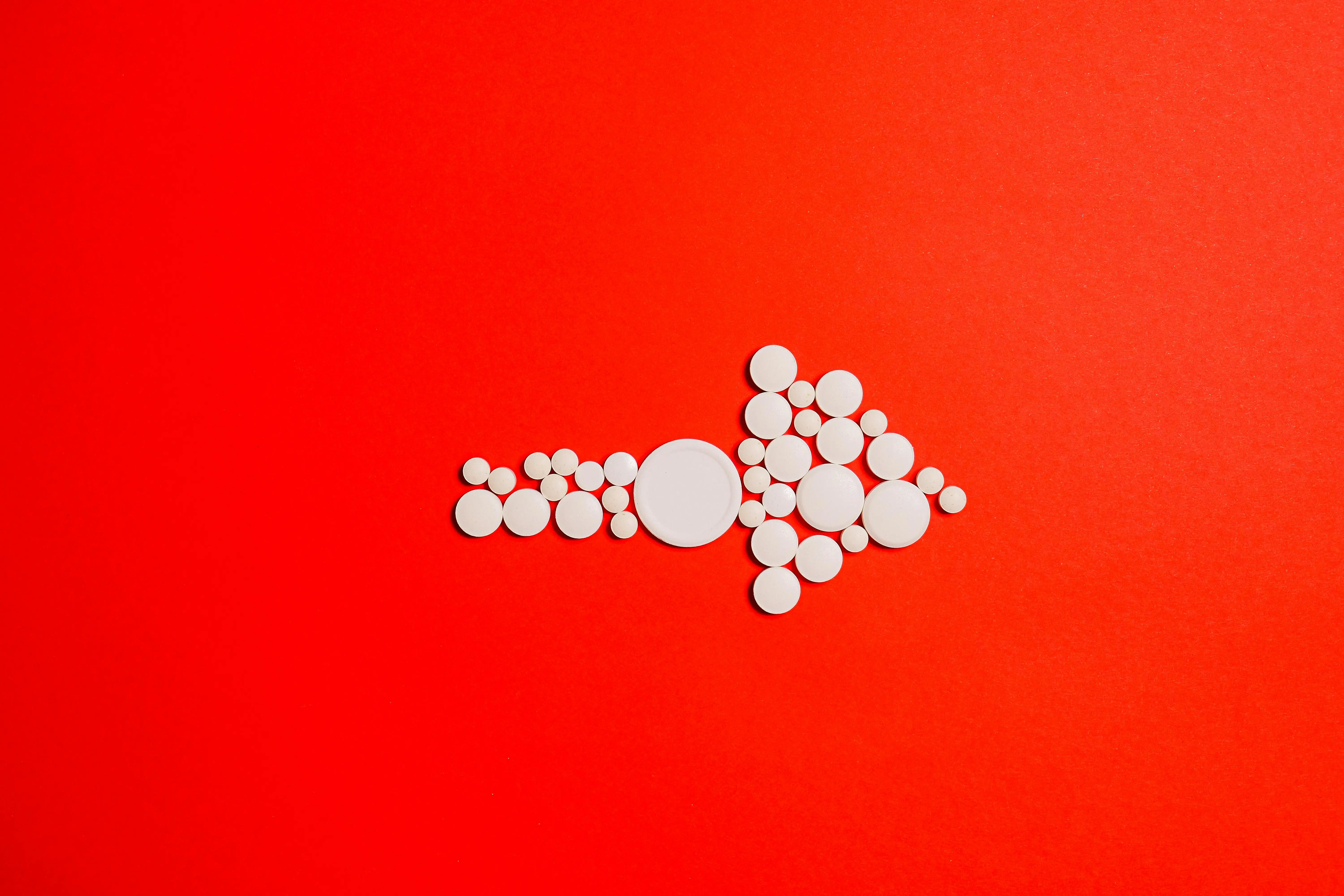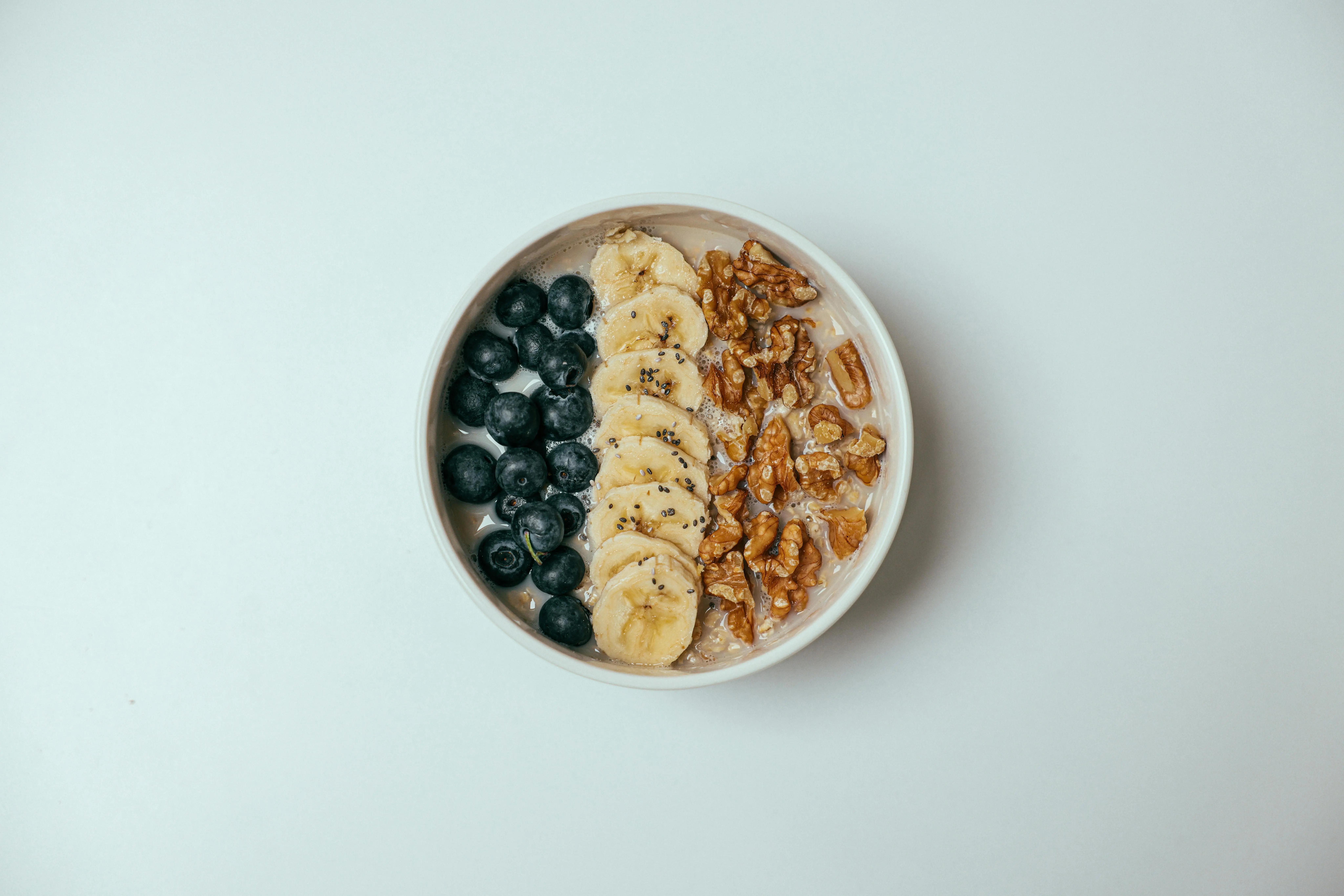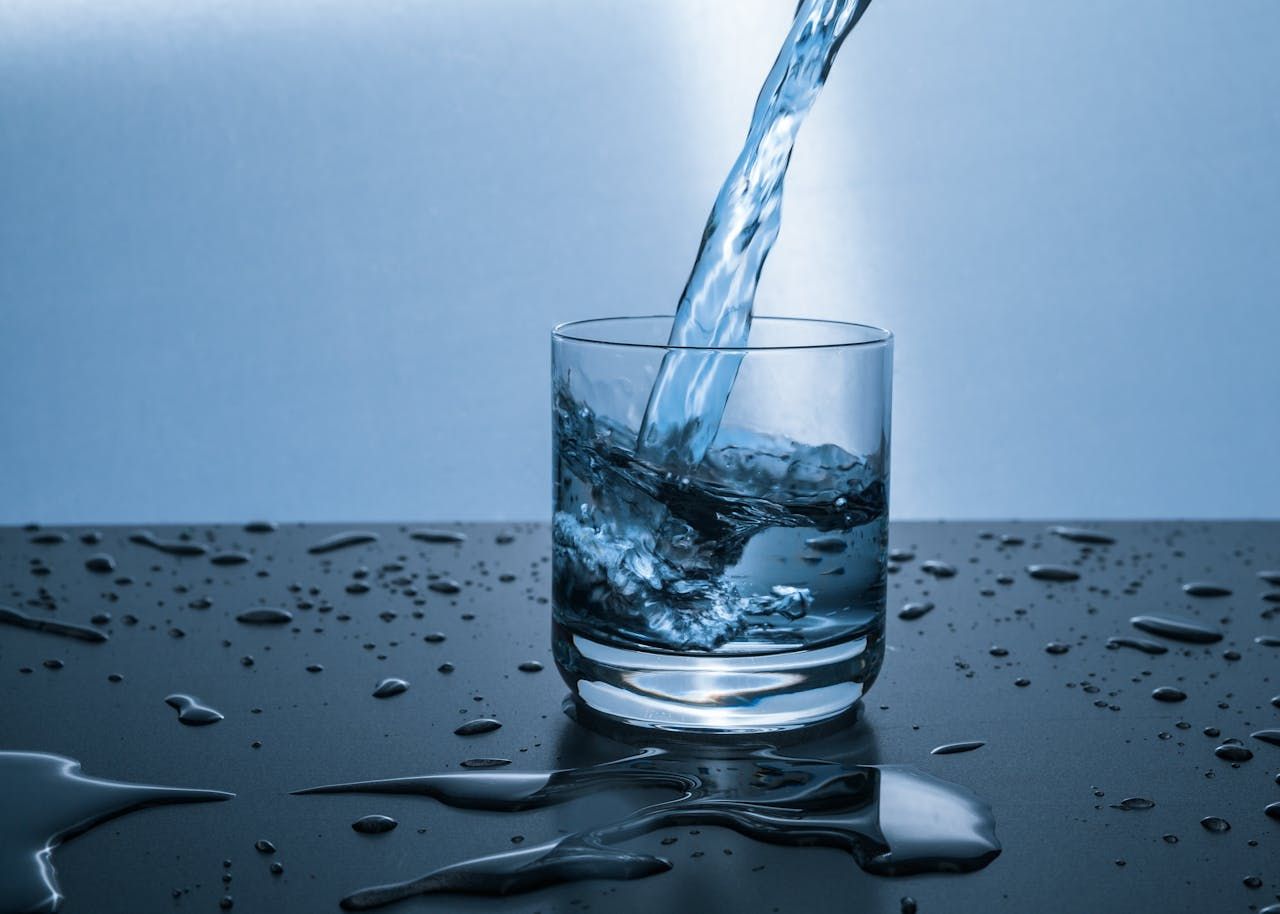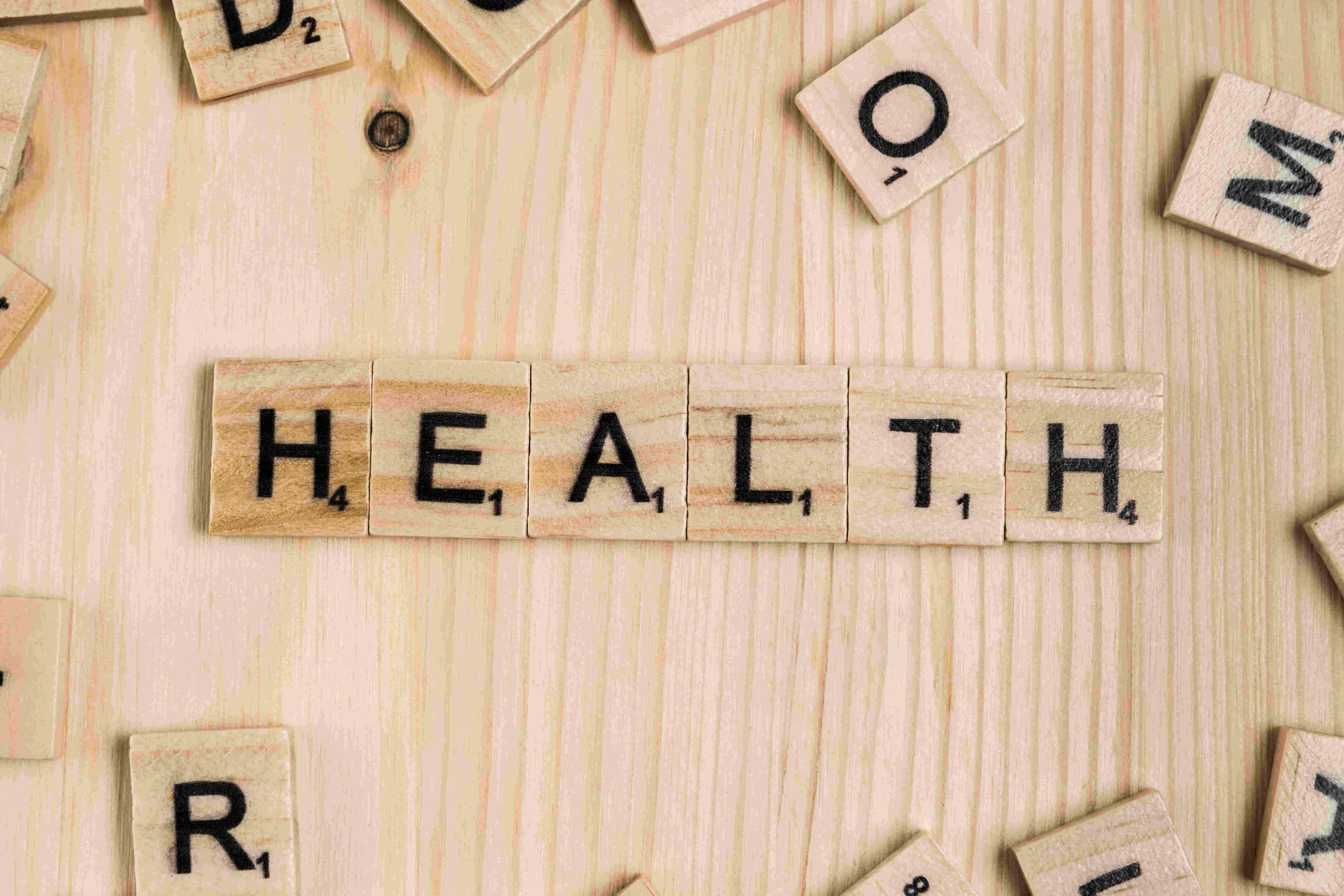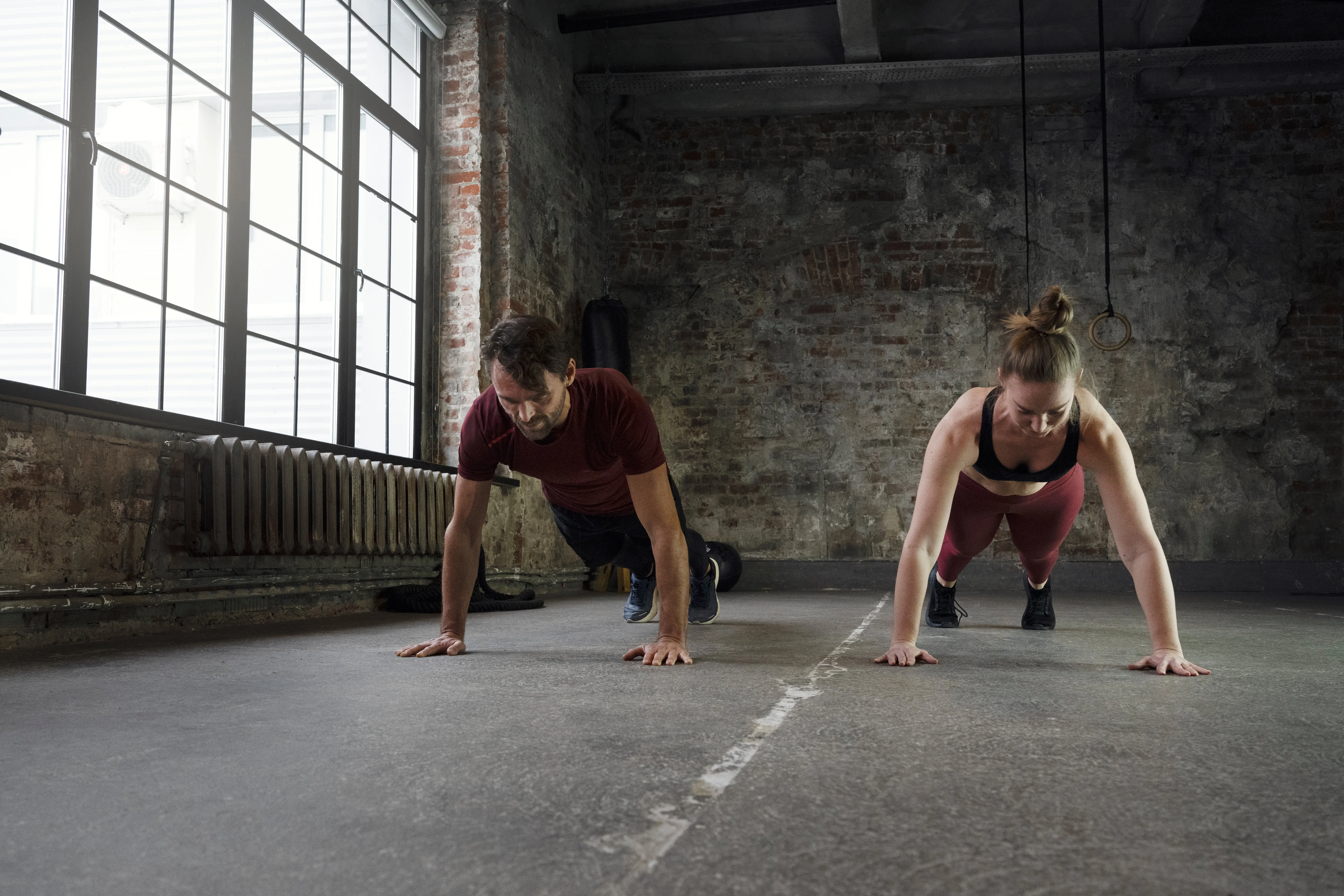Why extreme heat is a burden on the body
High temperatures pose great challenges to the human body. In heat over 30 degrees Celsius, the body has to work harder to maintain its core temperature of 37 degrees. Sweating, dilated blood vessels, and an increased heart rate are natural cooling mechanisms, but they can lead to exhaustion and circulatory problems.
Particularly at risk are older people, children, pregnant women and people with chronic illnesses such as cardiovascular problems or Diabetes. These risk groups should take special precautions during heatwaves.
Recognize and prevent heat-related illnesses
Heat exhaustion: Pay attention to early warning signs
Heat exhaustion occurs due to excessive loss of fluids and salt. Typical symptoms include:
- Excessive sweating and a feeling of weakness
- Headaches and dizziness
- Nausea and vomiting
- Muscle cramps
- Low body temperature below 40°C
At the first signs, affected individuals should immediately move to the shade, drink cool beverages, and cool the body with damp cloths.
Heatstroke: Medical emergency
A heatstroke is life-threatening and requires immediate medical attention. Warning signs include:
- Body temperature above 40°C
- Hot, dry skin without sweat
- Confusion or unconsciousness
- Confusion and seizures
- Rapid, weak pulse
In case of suspected heatstroke, the emergency doctor must be called immediately.

